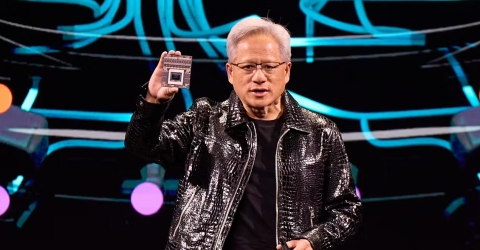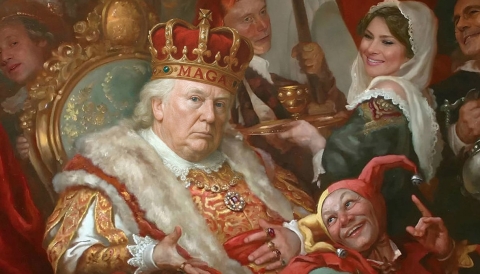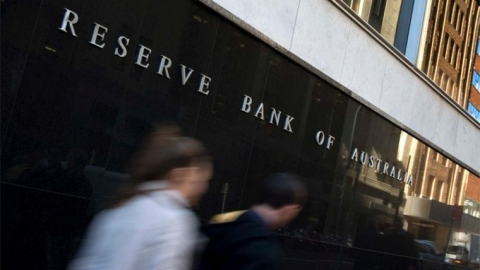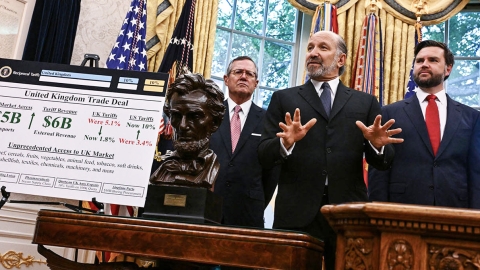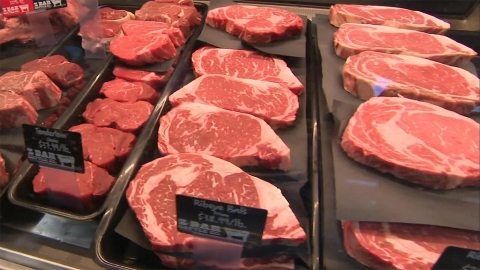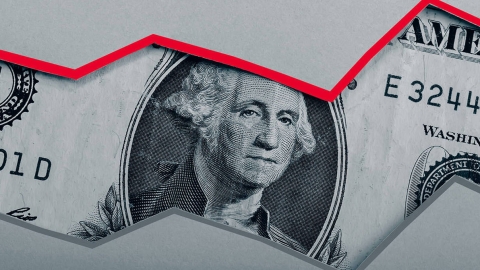Guest
Latest articles
NZ’s plan to ‘welcome anyone, from anywhere, anytime’ is not a sustainable tourism policy
Michael Strain argues that a free-enterprise system is not merely a tool, as J.D. Vance has argued, but an end in itself
22nd Jun 25, 12:34pm
by Guest
Michael Strain argues that a free-enterprise system is not merely a tool, as J.D. Vance has argued, but an end in itself
Dambisa Moyo warns investors not to rely on past playbooks as long-ignored vulnerabilities hit asset values
Willem Buiter and Anne Sibert expect policy-induced inflation to drive nominal losses on outstanding US Treasuries
Computers tracking us, an ‘electronic collar’: Gilles Deleuze’s 1990 Postcript on the Societies of Control was eerily prescient
Nvidia CEO Jensen Huang has been called the ‘AI Oppenheimer’ – but he dismisses concerns: AI is just ‘processing data’
Farmers see their own businesses performing well, expect that to continue, and their investment intentions rise on positive outlook in agri economy
17th Jun 25, 9:23am
by Guest
Farmers see their own businesses performing well, expect that to continue, and their investment intentions rise on positive outlook in agri economy
Rabobank expected dairy prices rise strongly in early 2025, but ‘downside’ risks expected to emerge over coming months
Raghuram Rajan explains why policies designed to appeal to a sense of maltreatment almost always backfire
15th Jun 25, 8:00am
by Guest
Raghuram Rajan explains why policies designed to appeal to a sense of maltreatment almost always backfire
Brendon Harre sees the increasing traffic congestion getting worse in Christchurch, already tougher than other main centers. He explores if mass transit options could work there
Daniel Gros highlights the fundamental flaws in efforts to use trade policy for geopolitical ends
13th Jun 25, 12:00pm
by Guest
Daniel Gros highlights the fundamental flaws in efforts to use trade policy for geopolitical ends
Vinciane Beauchene & Allison Bailey warn that a focus on marginal productivity gains from utilising AI can distract from larger opportunities
Dambisa Moyo identifies the factors driving down demand for US Government bonds at a time of heightened volatility
10th Jun 25, 10:26am
by Guest
Dambisa Moyo identifies the factors driving down demand for US Government bonds at a time of heightened volatility
Kenneth Rogoff warns that US Republican policies will fuel inflation and drive up real interest rates
Making it easier to build a granny flat makes sense – but it’s no solution to a housing crisis, Timothy Welch says
Extreme weather events have slowed economic growth, adding to the case for another Aussie rate cut
6th Jun 25, 9:30am
by Guest
Extreme weather events have slowed economic growth, adding to the case for another Aussie rate cut
Yu Yongding argues that China's only hope of achieving its 2025 growth target lies in infrastructure development
5th Jun 25, 2:46pm
by Guest
Yu Yongding argues that China's only hope of achieving its 2025 growth target lies in infrastructure development
Aziz Huq sees no reason to believe the US has the capacity to commit to international trade agreements
Higher prices are resulting from lower global beef supply, including falling NZ production, as US tariffs push redistribution of beef trade volumes around the world
Internet forums are chock-full of advice to dry out that drenched device, but problematic myths about liquid protection and repair make it hard for consumers to separate fact from fiction, Rachel Plotnick says
Lee Jong-Wha sees South Korea revitalising its economy, reinvigorating its democracy, and bolstering its security post-election, after a rocky recent past
1st Jun 25, 1:40pm
by Guest
Lee Jong-Wha sees South Korea revitalising its economy, reinvigorating its democracy, and bolstering its security post-election, after a rocky recent past
Dambisa Moyo identifies three big factors that investors and business leaders will need to keep firmly in mind
Fiscal Policy under mounting uncertainty means government budgets need resilience - particularly in countries whose economic weight makes them influence global trends, says the IMF
Jim O'Neill points out that all the US president's latest pronouncements are undermining the greenback's standing
[sponsored]
Think you’re too savvy to be scammed? What to keep front of mind when investing
29th May 25, 12:01am
by Guest
Think you’re too savvy to be scammed? What to keep front of mind when investing






